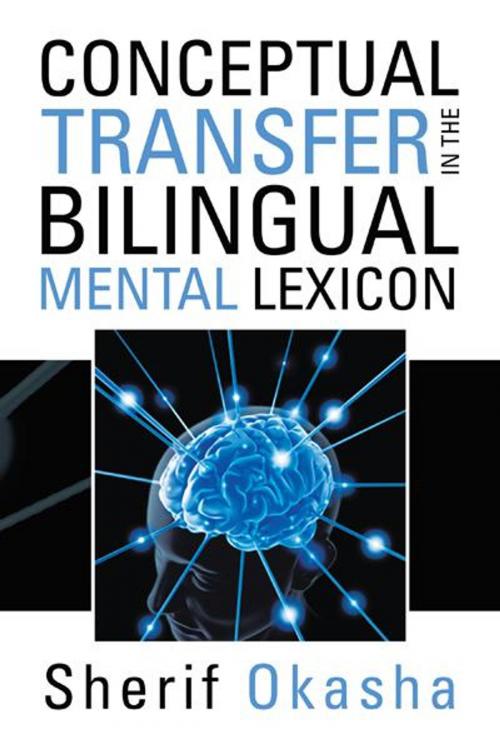| Author: | Sherif Okasha | ISBN: | 9781466919143 |
| Publisher: | Trafford Publishing | Publication: | March 23, 2012 |
| Imprint: | Trafford Publishing | Language: | English |
| Author: | Sherif Okasha |
| ISBN: | 9781466919143 |
| Publisher: | Trafford Publishing |
| Publication: | March 23, 2012 |
| Imprint: | Trafford Publishing |
| Language: | English |
Combining theory, psychological tests, and corpus, this book is an interdisciplinary study of the conceptual transfer of abstract nouns in the bilingual mental lexicon of professional translators, a treatise in philosophical linguistics, and a challenger of traditional ideas in the psychology of concepts. Not only does it shatter the common belief among cognitive scientists that abstract concepts are not researchable and cannot be subject to empirical investigation, it goes far beyond this to prove that abstract conceptssuch as science, language, religion, etc.are even more amenable to empirical research than concrete ones. It establishes a new paradigm in the relationship between language and cognition that allows each to be accessed through the other. Arguing that lexical-semantic analysis of concepts should precede psychological tasks, and supplying the tools therefore, it provides a new cognitive approach to lexical semantics and a new semantic approach to cognitive psychology. While it addresses itself to all these topics drastically and untraditionally, the major topic of this book still is the conceptual transfer in the bilingual mental lexicon of English-Arabic translators.
Combining theory, psychological tests, and corpus, this book is an interdisciplinary study of the conceptual transfer of abstract nouns in the bilingual mental lexicon of professional translators, a treatise in philosophical linguistics, and a challenger of traditional ideas in the psychology of concepts. Not only does it shatter the common belief among cognitive scientists that abstract concepts are not researchable and cannot be subject to empirical investigation, it goes far beyond this to prove that abstract conceptssuch as science, language, religion, etc.are even more amenable to empirical research than concrete ones. It establishes a new paradigm in the relationship between language and cognition that allows each to be accessed through the other. Arguing that lexical-semantic analysis of concepts should precede psychological tasks, and supplying the tools therefore, it provides a new cognitive approach to lexical semantics and a new semantic approach to cognitive psychology. While it addresses itself to all these topics drastically and untraditionally, the major topic of this book still is the conceptual transfer in the bilingual mental lexicon of English-Arabic translators.















